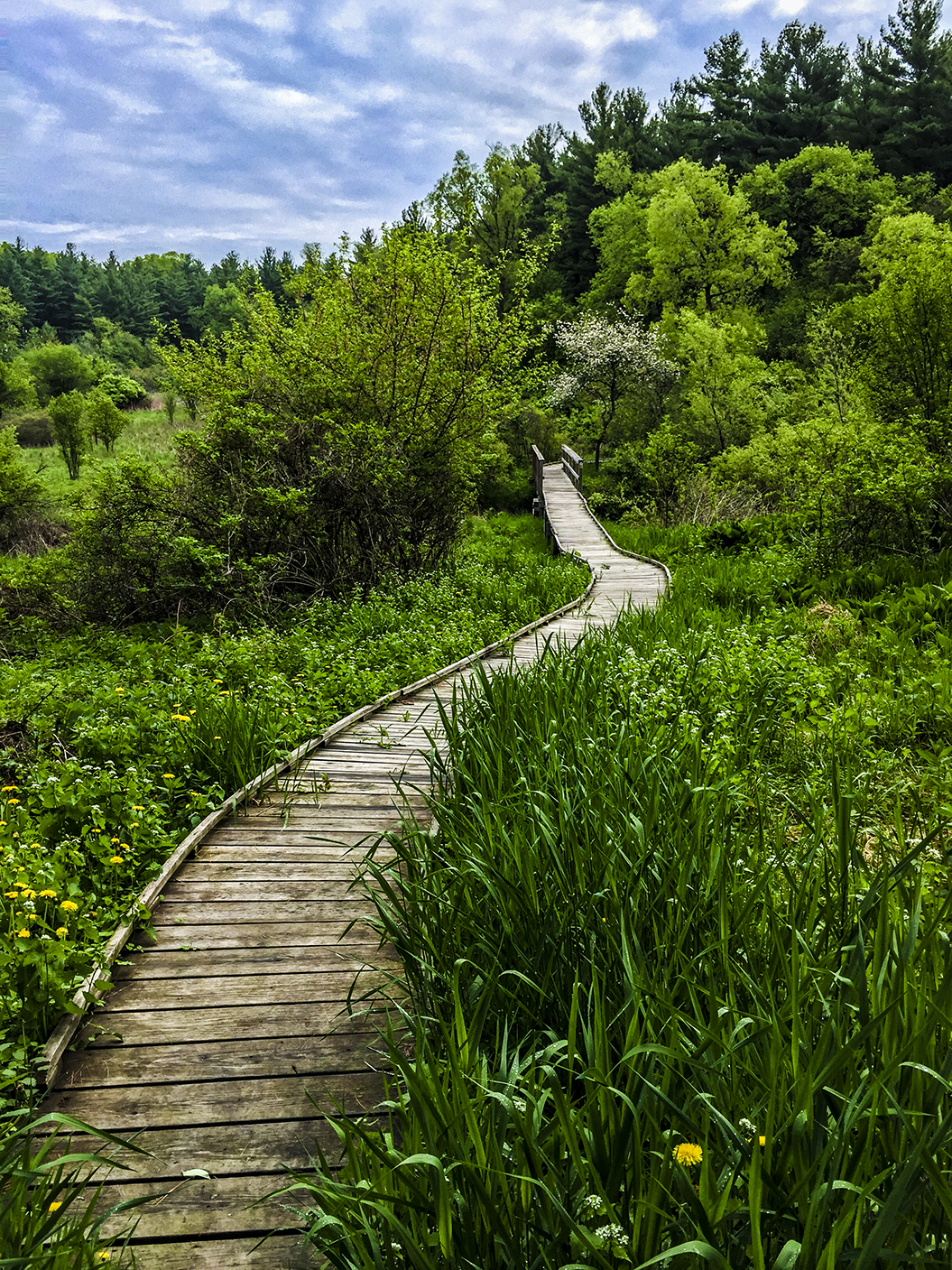The Ice Age Trail is a magnificent testament to the power of nature and the history of our planet. Stretching over 1,200 miles across Wisconsin, this scenic trail invites adventurers and nature enthusiasts to immerse themselves in the breathtaking landscapes shaped by the last Ice Age. From lush forests to striking rock formations, the Ice Age Trail offers a unique opportunity to witness the geological features that have defined the region for millennia.
The trail not only serves as a hiking route but also as an educational journey, providing insights into the glacial processes that sculpted the land. As you traverse the path, you will encounter a diverse array of flora and fauna, witness stunning vistas, and even discover ancient geological formations. Whether you are an experienced hiker or a casual walker, the Ice Age Trail caters to all levels of outdoor enthusiasts, making it a must-visit destination for anyone looking to connect with nature.
Throughout the Ice Age Trail, there are numerous segments, each offering its own unique charm and allure. From the rolling hills of the Kettle Moraine to the serene beauty of the Northwoods, each section reveals a different aspect of Wisconsin's natural beauty. In this article, we will explore the history, highlights, and practical tips for enjoying the Ice Age Trail, ensuring that your adventure is both memorable and enriching.
What is the History Behind the Ice Age Trail?
The Ice Age Trail was established to commemorate the significant geological events that took place during the last Ice Age, which ended approximately 10,000 years ago. This trail traverses the terminal moraine, a ridge formed by glacial deposits, allowing hikers to experience firsthand the remnants of this monumental period in Earth's history. The trail was officially designated as a National Scenic Trail in 1980, highlighting its importance not only in terms of recreation but also in education and conservation.
What Can You Expect When Hiking the Ice Age Trail?
Hiking the Ice Age Trail offers a variety of experiences that cater to different interests and fitness levels. Here are some key features that hikers can anticipate:
- Diverse Ecosystems: The trail meanders through forests, wetlands, prairies, and lakes, providing an opportunity to explore a wide range of ecosystems.
- Scenic Views: Expect stunning panoramas and picturesque landscapes, especially in areas like the Kettle Moraine State Forest.
- Wildlife Encounters: Keep an eye out for various wildlife species, including deer, birds, and even the elusive bobcat.
- Geological Wonders: Discover unique geological formations, such as eskers, kettles, and moraines.
How Long Does it Take to Hike the Entire Ice Age Trail?
Hiking the entire Ice Age Trail can take anywhere from a few weeks to several months, depending on your pace and the segments you choose to traverse. For those who want to complete the trail in a single trip, it's essential to plan your journey carefully, taking into account the seasonal weather conditions and trail accessibility. Many hikers opt to break the trail into smaller sections, allowing for more manageable hikes while still enjoying the diverse landscapes.
What Should You Pack for an Ice Age Trail Adventure?
Preparation is key to a successful hike on the Ice Age Trail. Here’s a list of essential items to consider packing:
- Comfortable Footwear: Invest in a good pair of hiking boots that provide support and traction.
- Weather-Appropriate Clothing: Dress in layers to accommodate changing weather conditions.
- Navigation Tools: Carry maps, a compass, or a GPS device to help you stay on track.
- Hydration and Nutrition: Bring plenty of water and snacks to keep your energy levels up.
- First Aid Kit: Always have a basic first aid kit on hand for emergencies.
Are There Any Notable Segments on the Ice Age Trail?
Yes, the Ice Age Trail boasts several notable segments that stand out for their unique features and stunning beauty. Some highlights include:
- Kettle Moraine State Forest: This section is renowned for its rolling hills, kettle lakes, and rich biodiversity.
- Chequamegon National Forest: A more remote and rugged area, offering solitude and pristine wilderness.
- Devil's Lake State Park: Known for its impressive cliffs and crystal-clear waters, this segment is popular among rock climbers and hikers alike.
What Are the Environmental Considerations When Hiking the Ice Age Trail?
As with any natural area, it's crucial to practice Leave No Trace principles while hiking the Ice Age Trail. This includes:
- Staying on designated trails to protect fragile ecosystems.
- Respecting wildlife and observing from a distance.
- Carrying out all trash and minimizing your impact on the environment.
By following these guidelines, hikers can help preserve the beauty of the Ice Age Trail for future generations to enjoy.
How Can You Get Involved with the Ice Age Trail Community?
The Ice Age Trail community is vibrant and welcoming, providing numerous opportunities for individuals to get involved. Here are some ways to connect:
- Join Local Hiking Groups: Many organizations host regular hikes and events to bring the community together.
- Volunteer for Trail Maintenance: Help maintain the trail by participating in volunteer days organized by the Ice Age Trail Alliance.
- Attend Educational Programs: Engage in programs that focus on the trail's history, ecology, and conservation efforts.
By participating in these activities, you can deepen your connection to the Ice Age Trail and contribute to its preservation.
Conclusion: Why the Ice Age Trail is a Must-Visit Destination?
In conclusion, the Ice Age Trail offers an extraordinary opportunity to explore the natural wonders of Wisconsin while gaining insight into our planet's geological history. With its diverse ecosystems, breathtaking landscapes, and vibrant community, the trail is an ideal destination for anyone looking to connect with nature and embark on an unforgettable adventure. Whether you're hiking a short segment or tackling the entire trail, the Ice Age Trail promises a journey filled with discovery, beauty, and inspiration.




